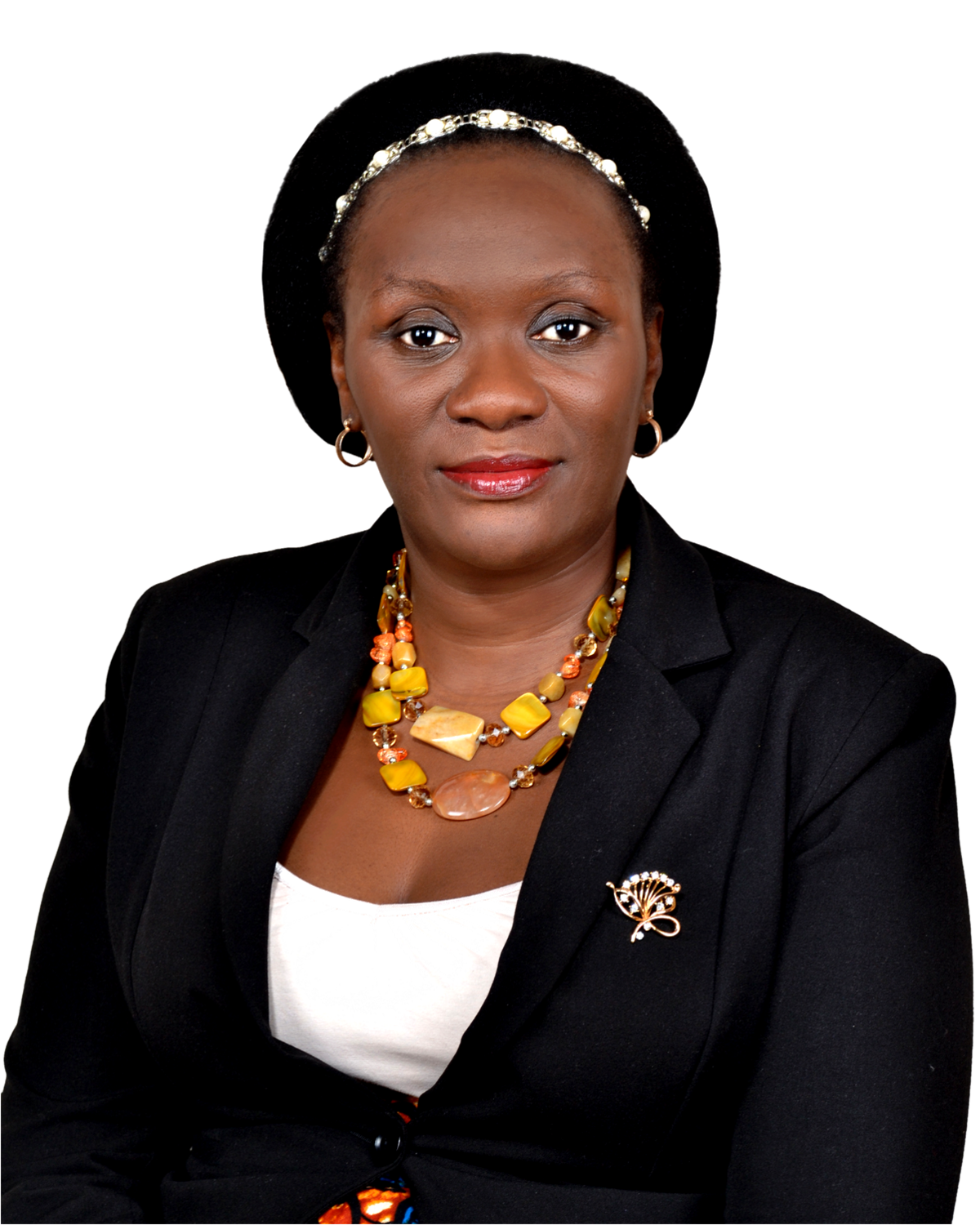Kerry Howard Mwesigwa
In a significant development in the field of international justice, Justice Lydia Mugambe has been appointed as a judge to the International Residual Mechanism for Criminal Tribunals (IRMCT). The IRMCT, established by the UN Security Council in 2010, assumes certain functions of the former International Criminal Tribunal for the former Yugoslavia (ICTY).
Justice Mugambe’s appointment received warm congratulations from Mr. Adonia Ayebare, Uganda’s permanent representative at the United Nations. Mr. Ayebare expressed gratitude to UN Secretary-General Antonio Guterres for accepting the nomination and took to Twitter to convey his appreciation and support for Justice Mugambe’s new role.
Justice Mugambe, who is currently on a sabbatical leave pursuing her PhD in the United Kingdom, shared her thoughts on the appointment. Despite the challenging circumstances she is facing due to the recent passing of her father, she acknowledged the appointment as great news and a valuable opportunity to contribute to the UN system and serve her country.
Justice Mugambe brings a diverse range of expertise to her new position as a judge. Her areas of specialization include international law, criminal law, international human rights law, intellectual property law, insolvency law and practice, trade and investment law, corporate finance and commercial law, as well as executive leadership. She also possesses extensive experience as an expert arbitrator and mediator in areas such as oil and gas, artificial intelligence, commercial transactions, and land.
The IRMCT operates with a roster of 25 independent judges who oversee its branches in Arusha, Tanzania, and The Hague, Netherlands. These judges are elected by the United Nations General Assembly for a four-year term and are eligible for reappointment by the UN Secretary-General, following consultations with the presidents of the Security Council and the General Assembly. To serve as judges, candidates must exhibit high moral character, impartiality, and integrity, along with the qualifications required in their respective countries for the highest judicial offices. The selection process also considers candidates’ experience, with the limitation that no more than two judges on the roster may be nationals of the same State.
Justice Mugambe’s appointment follows in the footsteps of the late Justice Elizabeth Ibanda-Nahamya, who previously served as the last Ugandan judge at the IRMCT. As Justice Mugambe assumes her role, she carries the responsibility of upholding principles of international justice and contributing to the pursuit of accountability for international crimes.
This appointment not only showcases Uganda’s representation in global legal institutions but also recognizes Justice Mugambe’s exceptional achievements and commitment to the field. Her participation in this significant role is expected to have a positive impact on the pursuit of justice and the rule of law worldwide.















